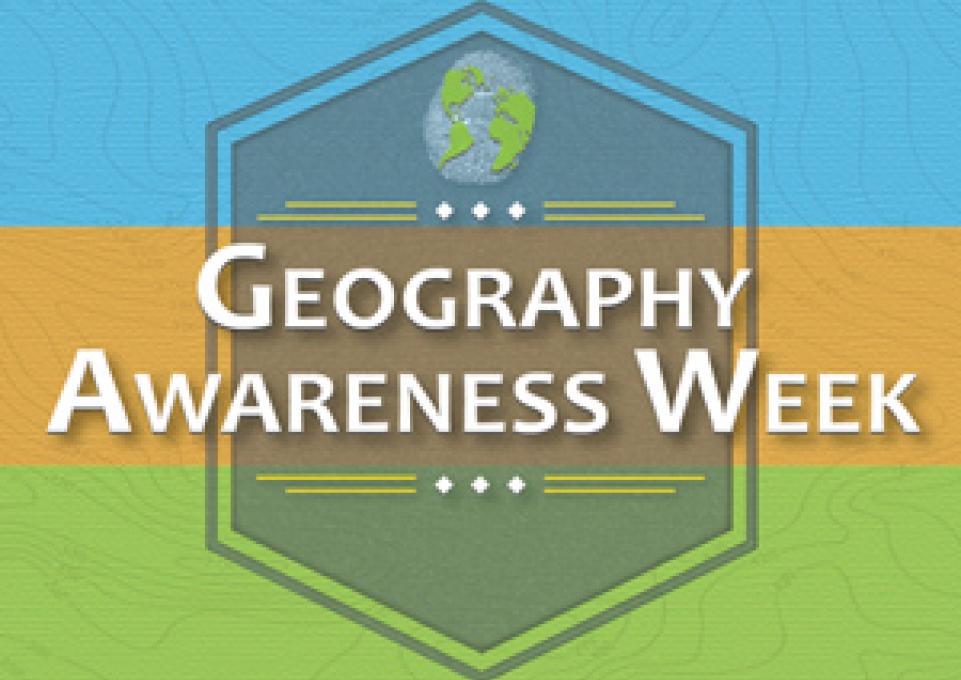
“Exploring Multicultural Buffalo” is the theme of this year’s national Geography Awareness Week (November 17 to November 23). To celebrate, the Geography and Planning Department is hosting a number of events.
On Tuesday, November 19, panelists from the community will discuss Buffalo’s present immigrants and refugees. Panelists include Barrett Gordon and Zaw Win from the WASH Project at Westside Value Laundromat, a local outlet that offers a range of opportunities and community services for refugees, including those from Burma, Thailand, and Nepal. Ba Zan Lin, environmental justice outreach coordinator for Buffalo Niagara Riverkeeper, will discuss recent efforts to educate local immigrants about the potential dangers of subsistence fishing in our local waterways. The panel will be held in Classroom Building A209 from 12:15 p.m. to 1:30 p.m.
Geography and Planning will host a luncheon on Thursday, November 21, from 12:15 to 1:30 p.m. in Classroom Building A205 and A209. Food will be provided by the West Side Bazaar. Guests can sample traditional dishes from Laos, Peru, Yemen, and Burma. In addition, vendors from these countries as well as Nepal, Morocco, South Sudan, Rwanda, and India will display authentic merchandise from their native countries. Geography students will present posters about these countries to introduce the campus to the latest contributions to the rich cultural heritage of the neighborhoods around Buffalo State.
At the luncheon, the winners of a photo contest will be announced. To be eligible, the photo titles must convey how the picture relates to Buffalo’s multicultural communities. The photo contest is sponsored by Geography and Planning and the Center for Health and Social Research.
“Geography is about the interaction between human beings and their environment,” said Kelly Frothingham, chair and associate professor of the Geography and Planning Department. “It’s not just about places, but about people’s movements from one place to another. Buffalo’s history of becoming home to immigrant groups from many countries is continuing as we move into the twenty-first century.”
